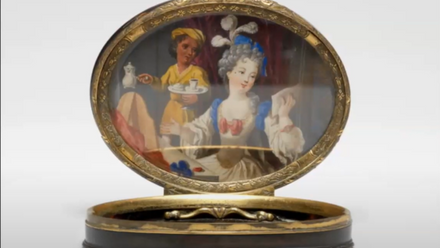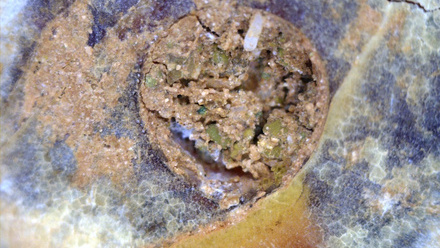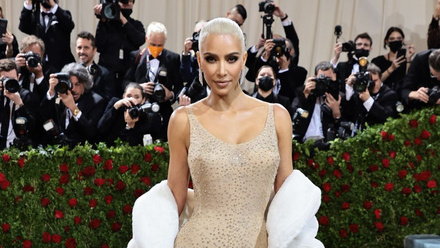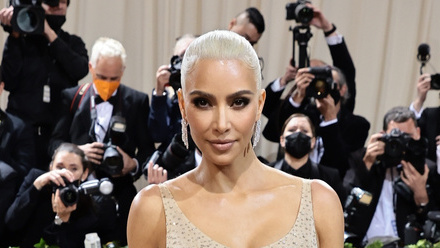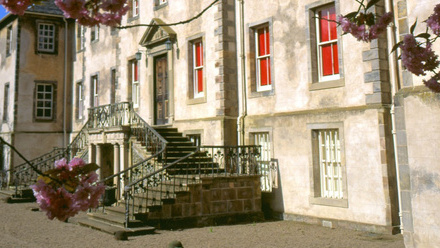Last month we launched our member consultation on the new Icon Ethical Guidance.
The Ethical Guidance is a major step forward in terms of how Icon supports its members, and will guide them in making increasingly difficult professional decisions. This is a timely moment to launch this guidance as conservation resources are likely to become more limited and the complexity of the demands placed on our members will be higher as we move into the Coronavirus recovery phase. If ever there was a time for seeking greater clarity in terms of supporting professionals, clients and commissioning organisations to embed ethical approaches to conservation it is now.
Drafting the new Icon Ethical Guidance has been a lengthy endeavour for a small but dedicated task and finish group set up by the Board of Trustees and ably steered by trustee Lorraine Finch ACR. For the past two and a half years Lorraine has led her group through a process that began with investigation and analysis and then moved towards synthesizing the views of many individuals. This has been a truly collaborative project, with input from many people, but negotiating the spectrum of opinions and experiences has been a challenge. Lorraine’s skill has been to facilitate a positive working culture and to nurture the necessary openness to debate. Ultimately, she enabled the group to agree a clear and robust framework in a field that contains many shades of grey. Lorraine and her task and finish group colleagues have devoted a huge amount of their personal time, energy and professional skill to creating this new guidance and it is important that we pay tribute to their combined efforts.
Without dedicated members like Lorraine taking on leadership roles Icon would not be able to continue to grow into its full potential as the professional body for conservation. We rely on talented conservators and heritage scientists contributing to their professional body in order to support excellence in our field, and to ensure that our voice is heard within the heritage sector and beyond.
But we also understand that members gain a lot from giving their time to Icon too. Volunteering to join a task a finish group or to stand for election to a Special Interest Group or Network committee provides an opportunity to gain additional skills and experience, to make new connections and to develop individual potential. And then there is the reward of seeing a project (publications, events, conferences etc.) from inception through to successful completion. After a lengthy gestation the launch of the new Icon Ethical Guidance really can be described as a landmark moment – and entirely worthy of celebration, while maintaining social distancing of course!
As Chief Executive I am certain that this new guidance will become a key document for the cultural heritage sector and will also help Icon to demonstrate its clear commitment to high professional standards to both our members and to the public. I am confident that conservators will welcome this new guidance in the knowledge that it will help them to tackle the challenging decision-making we all encounter in our professional lives. We also hope that other linked professions will recognise its merits and will use our guidance to inform their own policy developments too.
But, as I said, this work would not have been possible without the hard work, time and energy contributed by Lorraine Finch ACR and her colleagues. A huge and hearty thanks is due to everyone who has shaped and supported this important project.
The task and finish group members were Lorraine Finch ACR, Deborah Walton, Elizabeth Neville ACR, Sarah Peek ACR, Katy Lithgow ACR, Edward Cheese ACR, Adam Webster ACR, Matt Hancock and Jonathan Ashely-Smith ACR. Deborah Cane ACR and Janet Berry ACR also contributed their time and effort at specific stages of the work.
Shulla Jaques ACR and Megan de Silva acted as volunteer editors and the group was supported by Susan Bradshaw, Patrick Whife and Anni Mäntyniemi (Icon staff).

